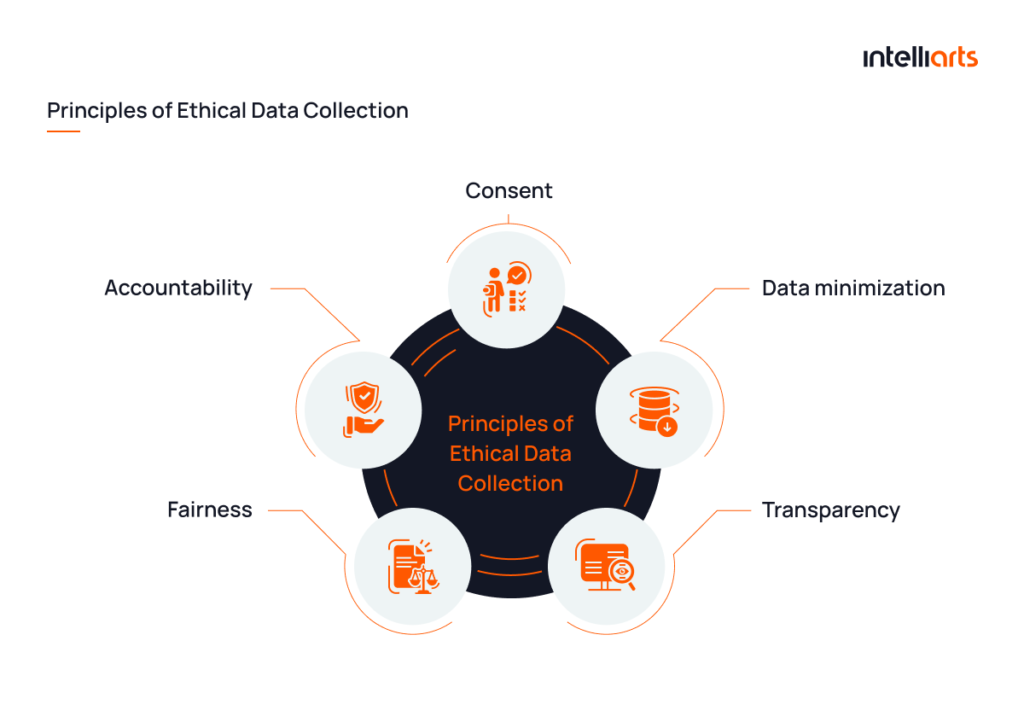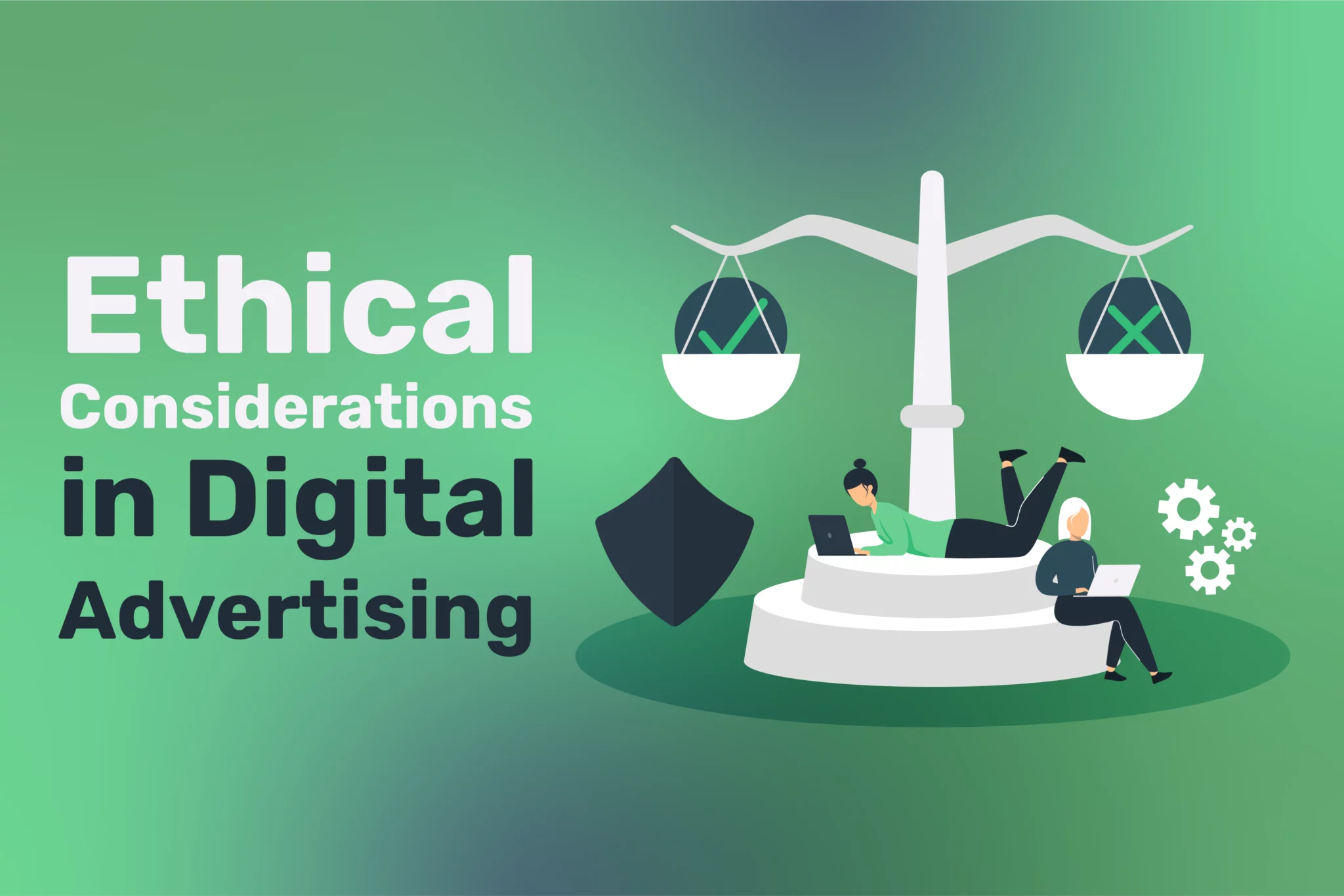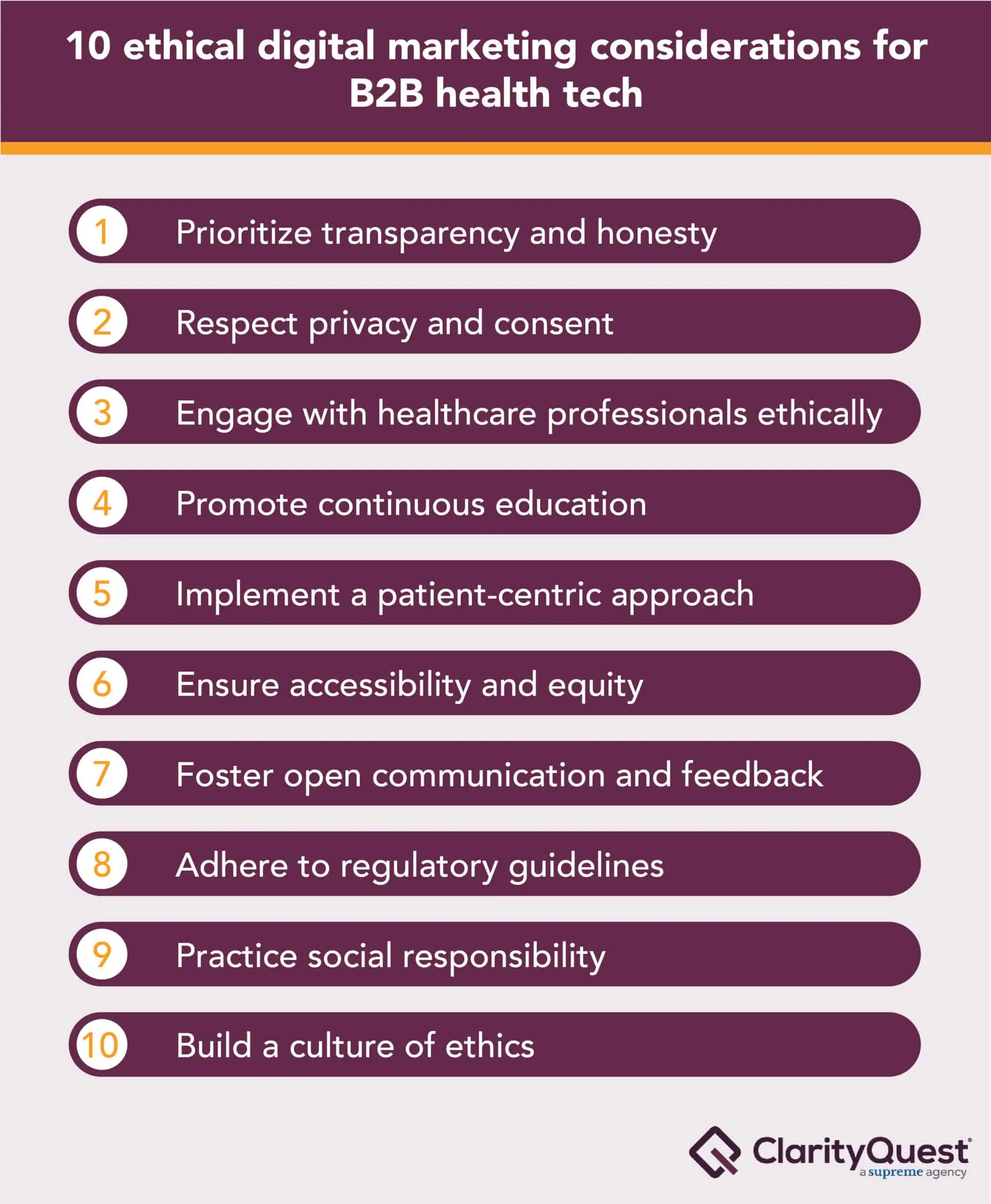Compliance and ethical considerations in digital insurance marketing revolve around strict adherence to legal regulations, truthful and transparent communication, data privacy protection, and ethical use of technology.
Key points include:
-
Truthful and Non-Misleading Advertising: Insurance marketing must avoid false, deceptive, or misleading statements. Even technically true claims can be non-compliant if they mislead a reasonable consumer. This applies to all formats, including digital ads, websites, emails, and social media content.
-
Regulatory Framework: Most insurance advertising laws are state-regulated in the U.S., often based on the National Association of Insurance Commissioners (NAIC) model laws like the Unfair Trade Practices Act (UTPA), which prohibits misrepresentations. Non-compliance can lead to severe penalties, including multi-million-dollar fines and reputational damage.
-
Transparency: Marketers must clearly identify the insurer, disclose terms, benefits, limitations, credentials, affiliations, and compensation arrangements. Transparency builds trust and is legally required.
-
Data Privacy and Protection: Digital marketing involves collecting sensitive personal and financial data. Agencies must implement robust data security measures such as encryption, regular audits, and comply with data protection laws like the Gramm-Leach-Bliley Act (GLBA). Respecting consumer preferences and handling data responsibly is both an ethical and legal obligation.
-
Ethical Use of AI and Automation: When employing AI for risk assessments or marketing personalization, insurers must ensure these tools are free from bias, transparent, and subject to human oversight to maintain fairness and accountability.
-
Avoiding Digital Discrimination: Equal access to digital tools and information must be ensured, avoiding discrimination based on age, location, or technological proficiency.
-
Ongoing Monitoring and Enforcement: Due to evolving regulations and increased regulatory scrutiny, insurers must continuously monitor marketing practices and promptly address compliance issues. Emerging technologies are also used by regulators to detect violations more effectively.
-
Ethical Marketing Practices: Beyond legal compliance, ethical marketing fosters long-term client trust and credibility. This includes avoiding exaggerated promises, respecting consumer rights, and maintaining high ethical standards in all digital marketing activities.
In summary, digital insurance marketing requires a careful balance of legal compliance, ethical transparency, data protection, and responsible use of technology to maintain consumer trust and avoid costly penalties.





